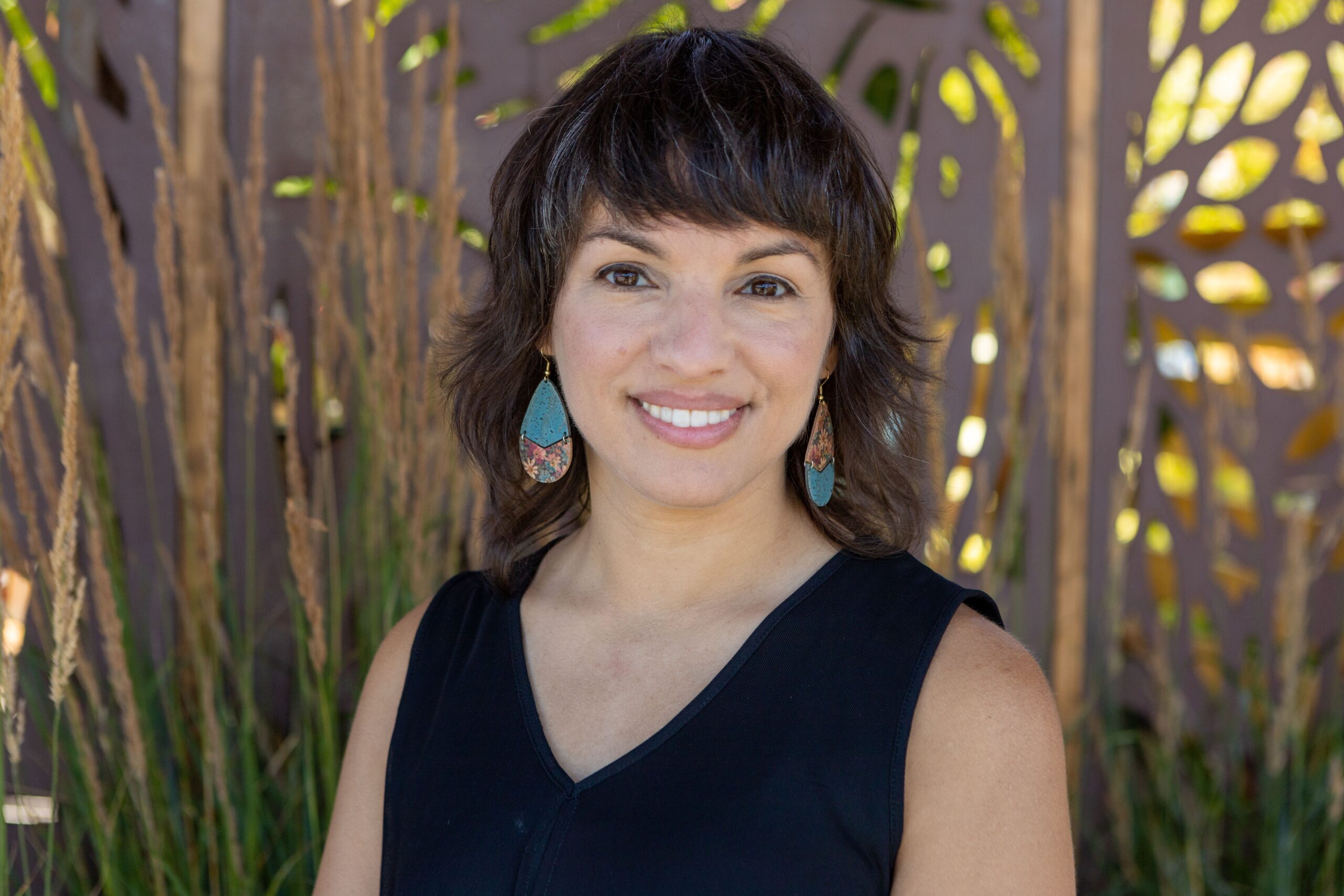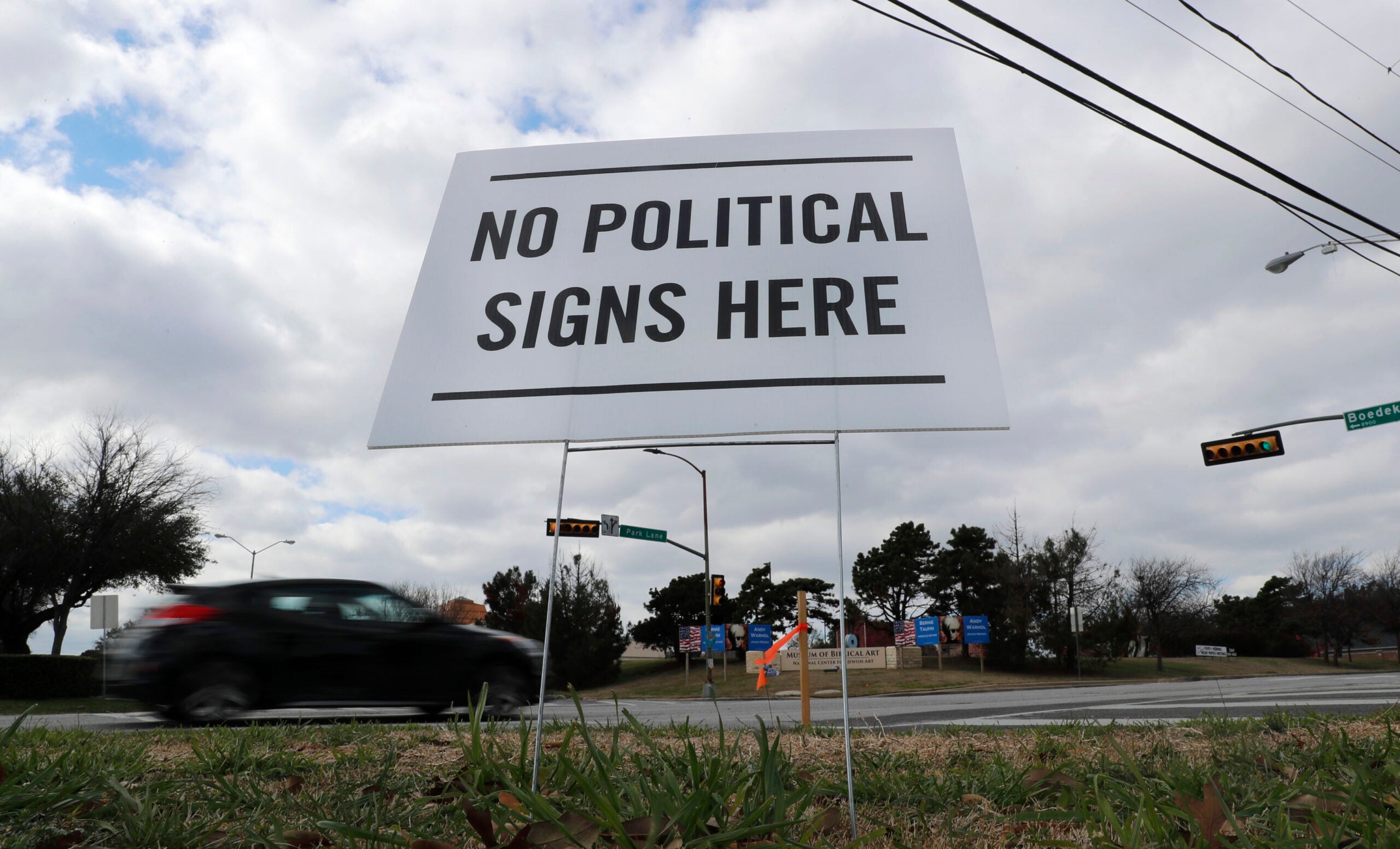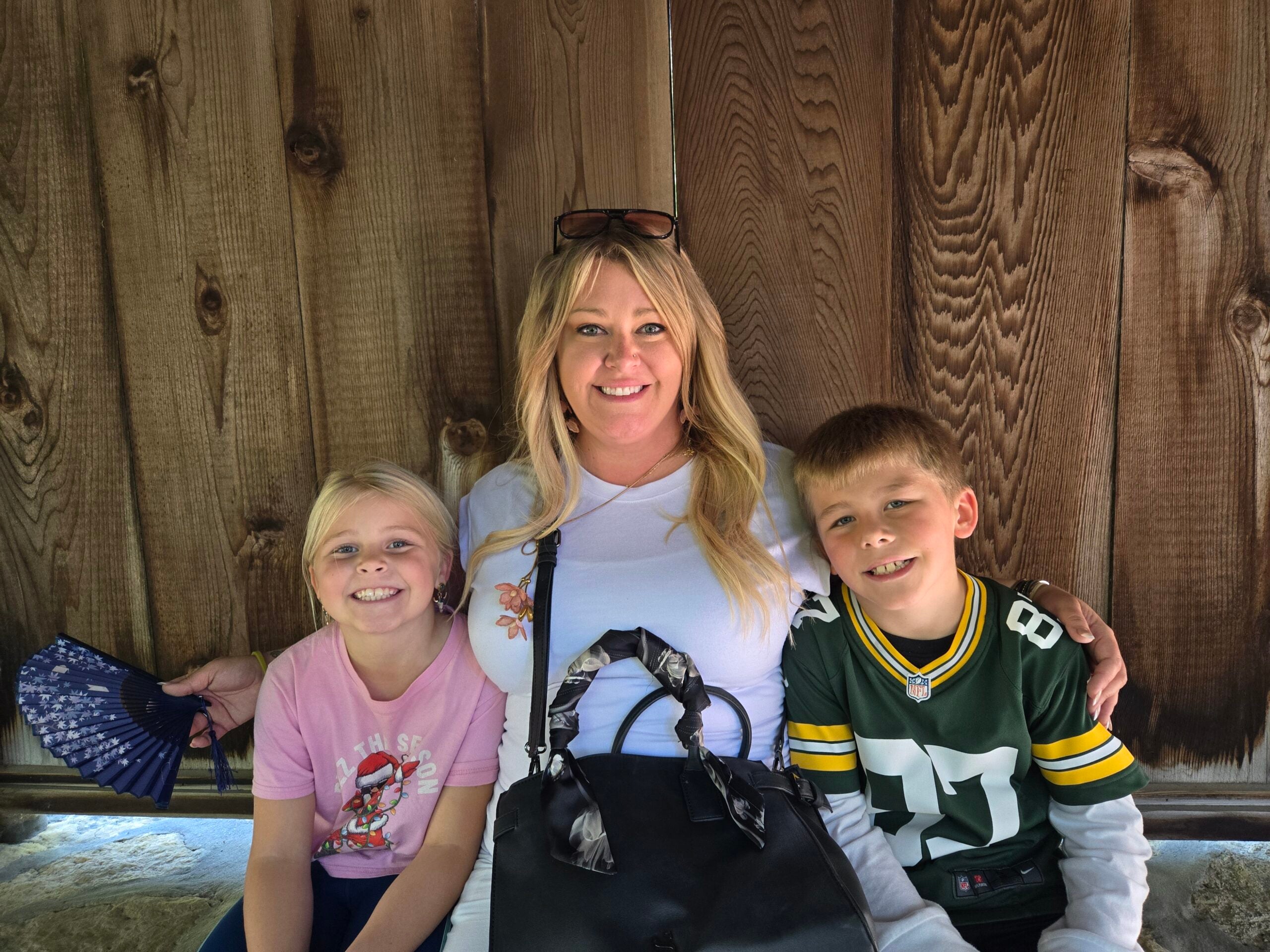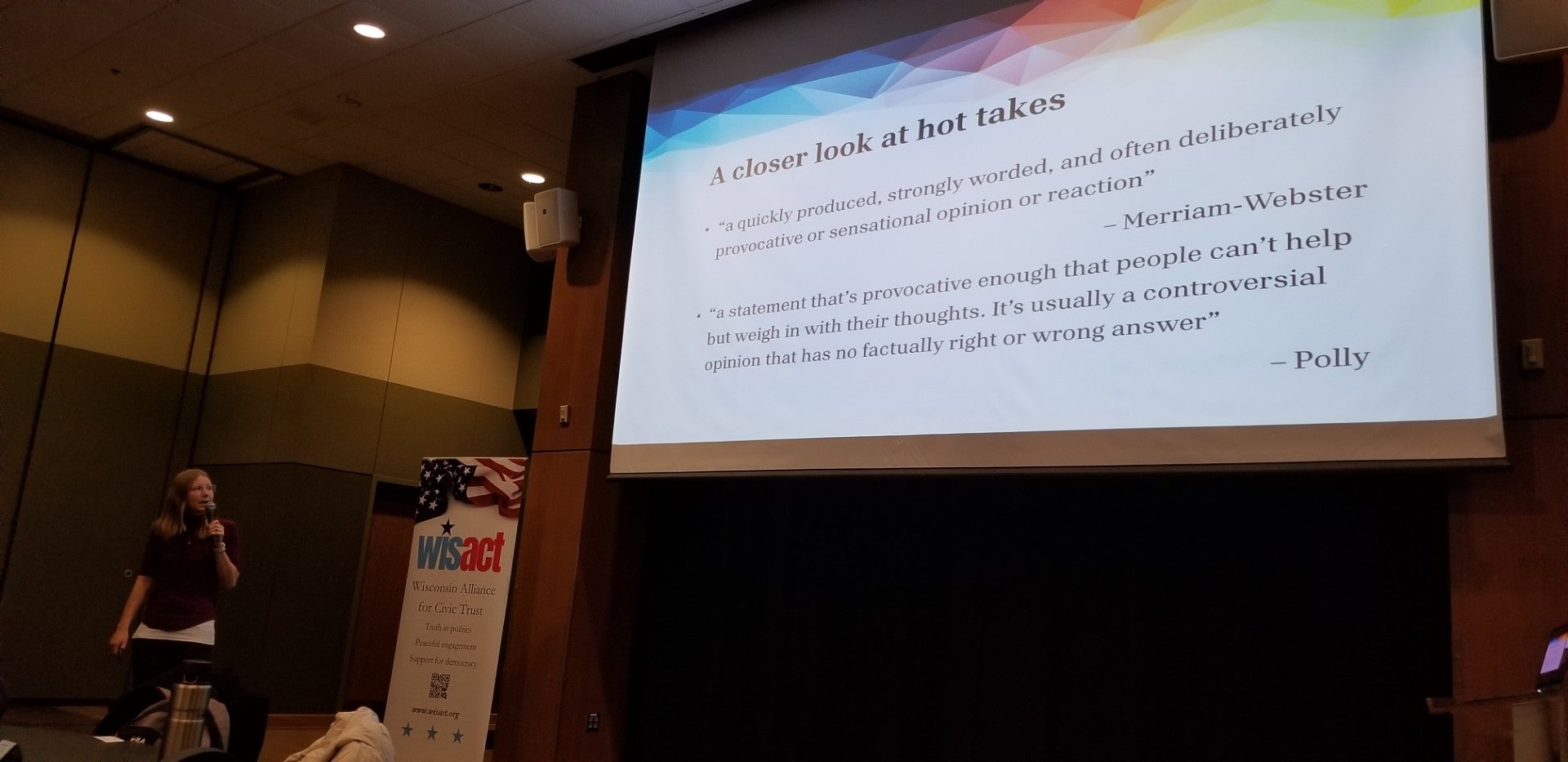There’s little debate that the political divide in America is as deep as ever, perhaps going back to the Civil War.
This week, former President Donald Trump attributed the two assassination attempts against him to the rhetoric of his Democratic rivals. Yet his opponents have long held that it was he who introduced name-calling to presidential politics when he first ran in 2016.
All of this filters down to everyday people, with politics a forbidden subject at many family dinner tables. One organization that may help improve dialogue is Braver Angels, a national group with the goal of bridging the political divide by teaching Americans of different allegiances how to communicate and work together.
News with a little more humanity
WPR’s “Wisconsin Today” newsletter keeps you connected to the state you love without feeling overwhelmed. No paywall. No agenda. No corporate filter.
Their efforts are part of “Superior Dialogues,” a fall workshop series at the University of Wisconsin-Superior. Included is an Oct. 8 visit by Mónica Guzmán, a senior fellow at Braver Angels based in Seattle, and the author of “I Never Thought of it That Way: How to have Fearlessly Curious Conversations in Dangerously Divided Times.”
She spoke with WPR’s Robin Washington on “Morning Edition” about advice for people who want to bridge the political divide.

This conversation has been edited for brevity and clarity.
Robin Washington: Are you prepared for Wisconsin? I think we’re one of the battlegrounds of the battleground states.
Mónica Guzmán: Yes. I have found it’s in the battlegrounds where a lot of people get really engaged. There are some places in the country where you may not encounter that many people who are on the other side at all, so it’s in the purple states where I think where we are learning the most.
RW: How do you start the conversation, especially with family members who won’t sit in the same room as one another?
MG: One very important thing is not to start a conversation where there is an audience. It is very difficult for people to be honest and open when they may be judged by those not really participating in the conversation. Pull people aside one-on-one and say something like, “Hey, I know that you and I differ on this issue. I’m actually really curious what you think.” Begin it with curiosity, not judgment. Don’t ask gotcha questions that are merely accusations disguised as questions.
RW: How do you get past people who shut down as soon as you mention one candidate or the other?
MG: Probably by taking a beat, waiting for the next opportunity and not mentioning that candidate by name. If you have a sense of what it is that tends to make that person react about the candidate, bring that up, but gently take a few steps back. Maybe it’s a disagreement on abortion or the justice system. Bring those things up if you know that a person tends to shut down if you mention a certain topic, then go to a different topic that may tangentially inform what’s going on with the topic.
RW: You often hear people say things like things would be better if the candidates just focused on the issues, but in fact there are people who are, as you just said, extremely divided on the issues. If you do want to talk about Roe v. Wade, how do you approach that subject?
MG: Sometimes one of the best ways to talk about an issue is to share stories — not to come in, guns blazing, with, “Here’s what I think about abortion.” Instead, you could try, “The other day, I heard about this thing that happened and I wondered, what do you think?”
RW: Going back to the acrimony, you hear people saying, “Well, both sides do such-and-such.” Is there always a “both sides” to an issue?
MG: When it comes to whatever the ultimate right answers are for our policies and issues, I really doubt that each side contributes 50-50 to each solution. One side is probably closer to the right thing on one issue than on another.
The politics of resentment, of finger-pointing, is not a politics of solutions, so it really comes down to asking ourselves: what can each of us control? We can point and shame the other side all we want, but the only kind of critique that works well is critiquing our own side. That requires humility for all of us — to understand that we are all contributing to this problem and we all have to be part of the solution.
If you have an idea about something in northern Wisconsin you think we should talk about on “Morning Edition,” send it to us at northern@wpr.org.







